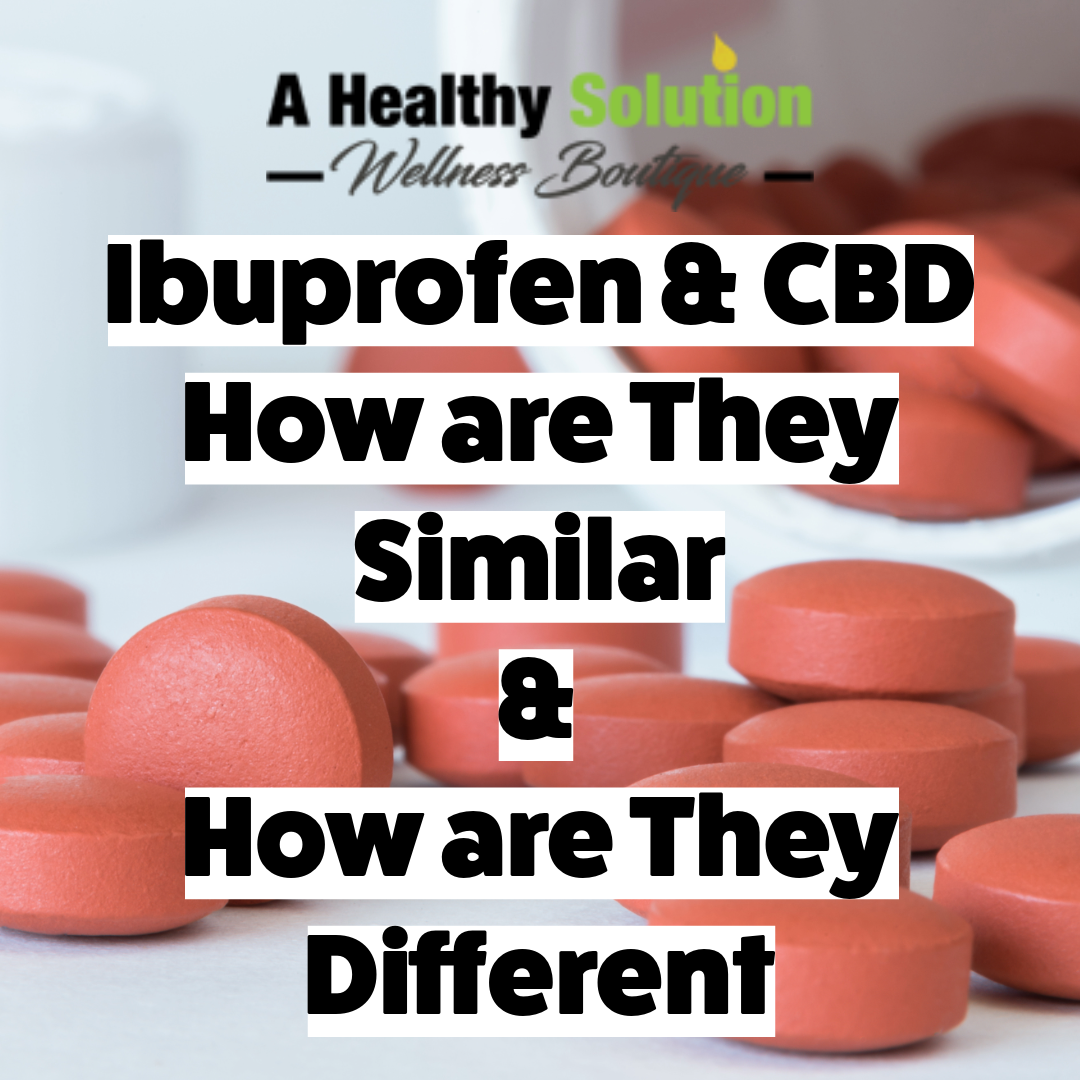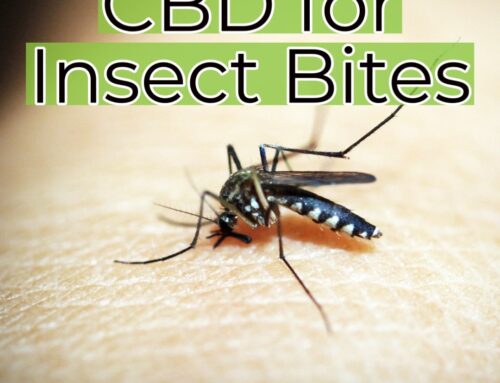Vitamins and minerals are a very important way for us to stay healthy. Our immune systems and our overall bodies need these to help keep us functioning. Many of the foods and drinks we consume provide some form of vitamins in them that help keep us healthy as well as supplements. And there are even a few additional health products that help provide these for our bodies as well as food and supplements. In today’s blog, we will be discussing ingredients from Immune Essentials Immunity Support, and how they can improve your day to day life. These ingredients being: Elderberry, Echinacea, Zinc, Colloidal, Silver, and Vitamins C, D, E and B6.
First, we will start with Elderberry. Elderberries are one of the most commonly used medicinal plants in the world. The berries and flow of the elderberry plant are packed with antioxidants and vitamins that can help boost your immune system. They could help tame inflammation, lessen stress, and help protect your heart, too. Some experts recommend elderberry to help prevent and ease cold and flu symptoms. However, the raw berries, bark, and leaves of the plant are also known to be poisonous and cause stomach problems. So be careful if you ever decide to eat them.
Next, we have Echinacea. The Echinacea, or purple coneflower, is the name of a group of flower plants in the daisy family They’re native to North America where they grow in prairies and open, wooded areas. Both the plant’s upper parts and roots are used in tablets, tinctures, extracts and even teas. Echinacea plants contain an impressive variety of active compounds, such as caffeic acid, alkamides, phenolic acids, rosmarinic acid, polyacetylenes and many more. Several laboratory and animal studies suggest that echinacea contains active substances that boost immune function, relieve pain, reduce inflammation, and have hormonal, antiviral, and antioxidant effects. Because of this, specialized
herbalists may recommend echinacea to treat urinary tract infections, vaginal yeast (candida) infections, ear infections (also known as otitis media), athlete’s foot, sinusitis, hay fever (also called allergic rhinitis), as well as slow-healing wounds. Initial studies in the lab suggest echinacea may help prevent colon tumors when combined with cichoric acid. One study even suggests that echinacea extract utilized an
antiviral action on the development of recurrent cold sores triggered by the herpes simplex virus (HSVI) when taken prior to infection.
Following that, we have Zinc. Zinc supports a number of functions in the human body. As well as supporting the immune system, it enables the body to make proteins and DNA, contributes to wound healing, and plays a role in childhood growth and development. This mineral has also been shown to help with chronic disease, neurological symptoms, osteoporosis, age related degeneration, sexual health, and more. Zinc occurs naturally in many foods, such as beans, meat, and fish. It is also available as a dietary supplement. Generally, you can get enough Zinc in your system through your diet and maybe a supplement, otherwise your body doesn’t require as much as you may think. The recommended dietary intake for adult women is 8 milligrams (mg) per day and 11 mg for men, according to the National Institutes of Health (NIH). That amount can come from zinc-rich foods, such as oysters, red meat, crab, and lobster, or from supplements.
Then we have Colloidal Silver. The exact way colloidal silver works is not fully understood. But what we do know is that it’s known as a natural anti-inflammatory that works fast to reduce swelling, repair inflammation in the skin or body. Colloidal silver can benefit people as a nasal spray that kills staph aureus and Pseudomonas aeruginosa infections that could directly cause sinusitis and allergies. Colloidal silver can kill certain germs by destroying proteins, which is why it was previously used in wound dressings. But silver has no known function in the body and is not an essential mineral. Though in small doses with other compounds, can be safe to have in your system and can provide the antibacterial benefits needed. It is generally not recommended to take large amounts of silver unless you consult your doctor first due to it being dangerous to take it in large amounts.
Finally, we have Vitamins C, D, E, and B6. We will talk about each one individually, starting with vitamin C. Vitamin C is an important vitamin, meaning your body can’t produce it by itself. Yet, it has many roles and has been linked to impressive health benefits. It’s water-soluble and found in many fruits and vegetables, including oranges, strawberries, kiwi fruit, bell peppers, broccoli, kale, and spinach. The
advised daily intake for vitamin C is 75 mg for women and 90 mg for men. While it’s commonly advised to get your vitamin C intake from foods, many people turn to supplements to meet their needs. Usually because they want to guarantee they get the amount they need in their system. Vitamin C is an incredible antioxidant that can strengthen your body’s natural defenses. Antioxidants are molecules that boost the immune system. They do so by protecting cells from harmful molecules called free radicals. When free radicals accumulate, they can promote a state known as oxidative stress, which has been linked to many chronic diseases. Studies show that consuming more vitamin C can increase your blood antioxidant levels by up to 30%. This helps the body’s natural defenses fight inflammation. Now vitamin D. Vitamin D is crucial for various reasons, including sustaining healthy bones and teeth. It may also protect against a range of diseases and conditions, such as type 1 diabetes. In spite of its name, vitamin D is not a vitamin, but a prohormone, or precursor of a hormone. Vitamins are nutrients that the body cannot create, and so a person must consume them in the diet. However, the body is able to produce vitamin D. Vitamin D plays a significant role in the regulation of calcium and maintenance of phosphorus levels in the blood. These factors are important for maintaining healthy bones. People need vitamin D to allow the intestines to absorb and reclaim calcium that the kidneys would otherwise excrete. In adults, vitamin D deficiency develops itself as osteomalacia, or softening of the bones. Osteomalacia results in poor bone density and muscular weakness. A vitamin D deficiency can also present as osteoporosis, for which over 53 million people in the United States either seek treatment or face an increased risk.
Let’s move on to vitamin E. This vitamin can be naturally found in some foods, added to others, and is available as a dietary supplement. Vitamin E is a fat-soluble antioxidant that can help defend your body from oxidative stress. It may be useful in inhibiting or treating the symptoms of chronic inflammatory conditions such as diabetes and osteoarthritis. Still, more research is needed before any definitive
conclusions can be made. Generally, people get enough vitamin E through diet, but supplements do exist. There may be some side effects to ingesting too much vitamin E over a longer period of time, and vitamin E can interact with certain medications if you’re not careful.
And finally for this section, vitamin B6! Vitamin B6, also known as pyridoxine, is a water-soluble vitamin that your body needs for several functions. It’s important to protein, fat and carbohydrate metabolism and the creation of red blood cells and neurotransmitters. Your body cannot produce vitamin B6, so you must obtain it from foods or supplements. Most people get enough vitamin B6 through their diet, but
several people may be at risk for deficiency. Consuming adequate amounts of vitamin B6 is important for optimal health and may even prevent and treat chronic diseases. Low levels of vitamin B6 in older adults has been linked to signs of depression, but research is still looking into how B6 can be effective when helping mood disorders. Vitamin B6 may also be able to help with brain functionality as well.
Along with mood disorders, B6 has been shown to help with conditions like Alzheimer’s and memory impairments by decreasing the homocysteine levels that have been associated with these conditions.
However, studies have not yet fully proven the effectiveness of B6 in improving brain health. It as also `been shown to add to the prevention of cancer and improves your overall eye health on top of that.
Furthermore, all of these compounds put together can help make a healthy blend to help your immune support and give you a better quality of life through better health. At AHS, we have many specialists and a nurse on staff to help answer any questions you may have.






Leave A Comment
You must be logged in to post a comment.